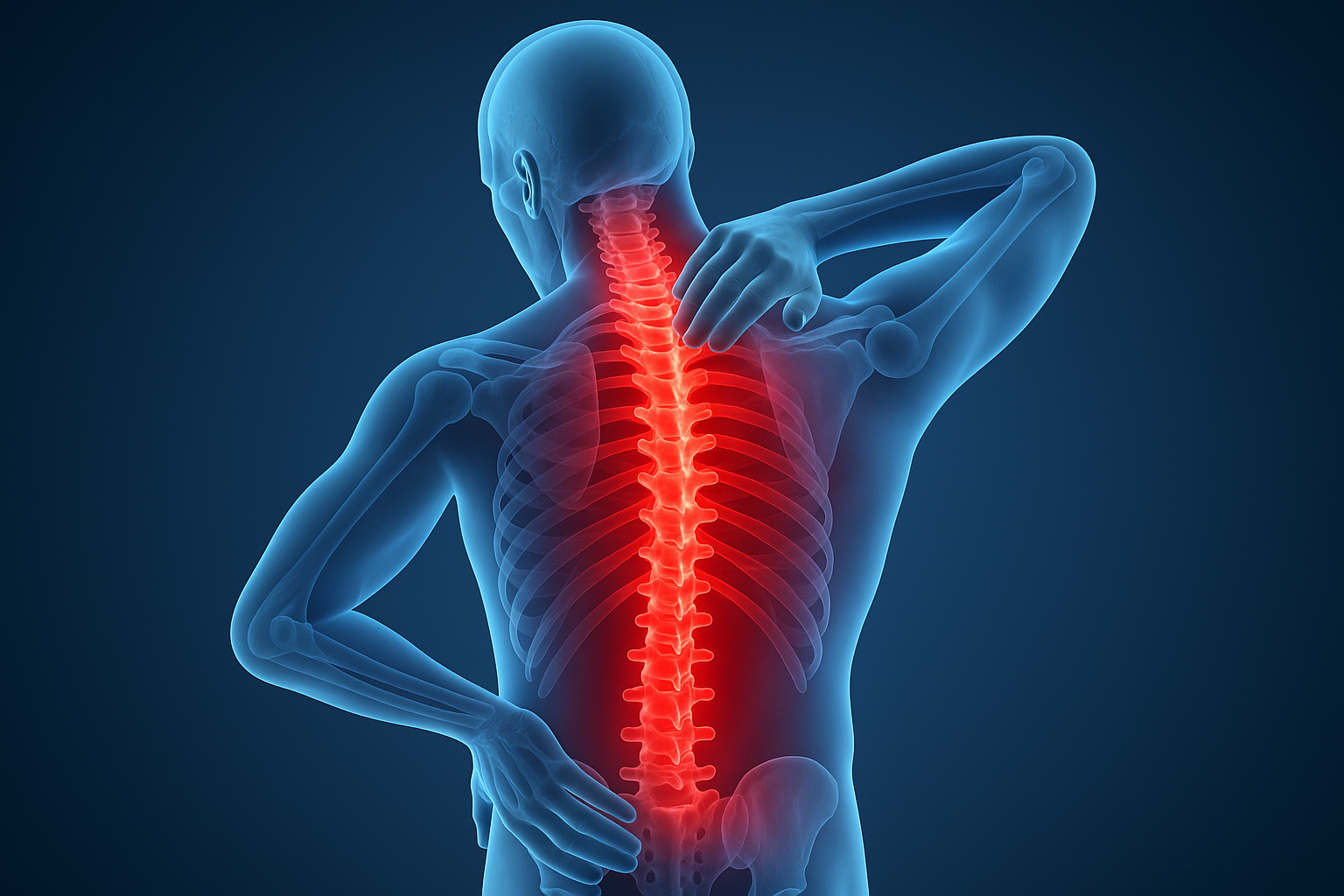 If you or your child are dealing with scoliosis in Arlington, TX, you're certainly not alone. Scoliosis affects millions of people throughout the Dallas-Fort Worth area, from children who are first diagnosed during school screenings to adults who may have lived with the condition for years without knowing it. Whether you're a parent who just received news that your child has scoliosis or an adult who's been told you have a spinal curvature, we understand how concerning this diagnosis can be and how many questions you might have about what it means for your future health and well-being.
If you or your child are dealing with scoliosis in Arlington, TX, you're certainly not alone. Scoliosis affects millions of people throughout the Dallas-Fort Worth area, from children who are first diagnosed during school screenings to adults who may have lived with the condition for years without knowing it. Whether you're a parent who just received news that your child has scoliosis or an adult who's been told you have a spinal curvature, we understand how concerning this diagnosis can be and how many questions you might have about what it means for your future health and well-being.
Scoliosis can present in many different ways and at various stages of life. You might notice it as uneven shoulders or hips, clothes that don't hang quite right, or back pain that seems to worsen with certain activities. Many parents in Arlington first become aware of their child's scoliosis when they notice one shoulder blade appearing more prominent than the other, or when a school nurse mentions something during a routine screening. For adults, scoliosis might show up as persistent back pain, fatigue after standing for long periods, or difficulty finding comfortable positions during sleep. Some people have mild curves that cause little to no discomfort, while others experience more significant symptoms that affect their daily activities.
What makes scoliosis particularly concerning for many families is the uncertainty about progression and long-term effects. We frequently see worried parents who are concerned about their child's ability to participate in sports at Arlington High School or other local activities, or adults who wonder if their scoliosis will worsen over time and affect their ability to stay active in the vibrant Arlington community. The impact often extends beyond just the physical aspects – scoliosis can affect self-confidence, especially in teenagers, and create anxiety about the future for both patients and their families.
At our practice in Arlington, TX, we understand that scoliosis is a complex condition that requires careful assessment and individualized management. While we cannot cure scoliosis, we focus on monitoring progression, managing symptoms, and helping patients maintain their quality of life through gentle, supportive care. Our approach emphasizes early detection, ongoing monitoring, and non-invasive therapies that can help improve comfort and function. We frequently see patients with various degrees of scoliosis, from mild curves that require monitoring to more significant curvatures that need active management, and our focus is on listening to these specific patient experiences to develop the most appropriate care plan for each individual's unique situation.